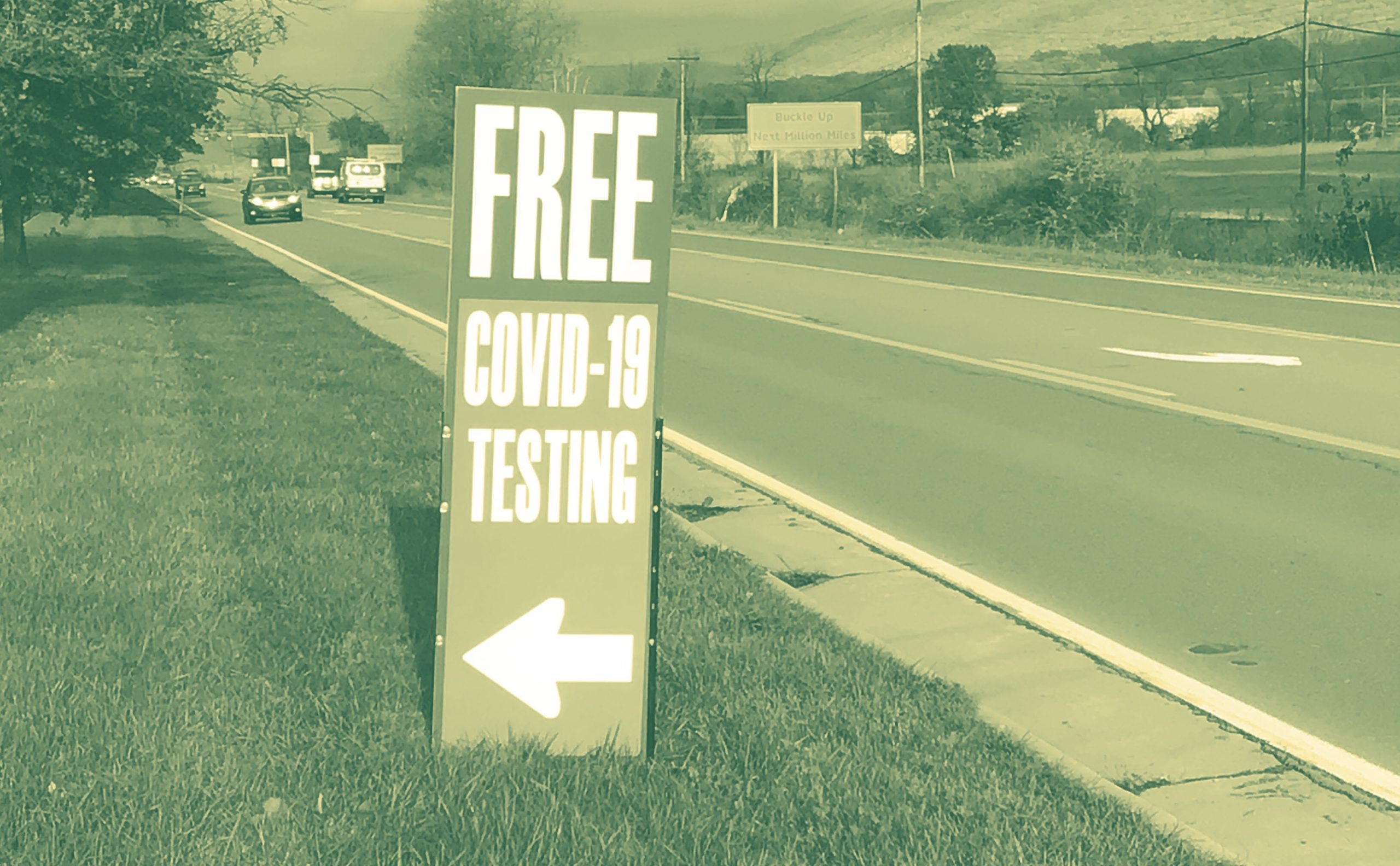Sometimes, it is important to get tested for Covid-19 after the vaccination. In fact, infection is still possible.
We published an earlier version of this story on June 3.
Also a key tool to find local testing resources is found here, but we list other options, too.
If fully vaccinated, there are times you may still need to get tested for COVID-19. More, this is also true if you are between the doses of the vaccine.
This was included as part of a recent update by the Centers for Disease Control and Prevention (CDC). Below, we incorporate their guidance.
Watch for Symptoms
People with COVID-19 have had a wide range of symptoms, ranging from mild to severe. More, they appear 2-14 days after exposure. Additionally, these are the more common symptoms:
- Fever or chills
- Cough
- Shortness of breath or difficulty breathing
- Fatigue
- Muscle or body aches
- Headache
- New loss of taste or smell
- Sore throat
- Congestion or runny nose
- Nausea or vomiting
- Diarrhea
If you experience these symptoms you should isolate yourself until tested.
Also, some occupations require testing, too. And on an international return trip, you may receive the test.
This list does not include all possible symptoms. Older adults and people who have severe underlying medical conditions may be at a higher risk of developing more serious complications.
Last, testing should be considered if exposed to someone who is positive, too.

